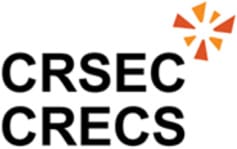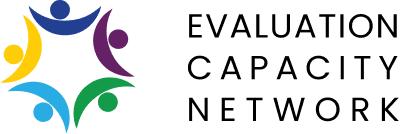Organizational evaluation capacity refers to an organization’s evaluative practices and processes.
Organizations with a high level of evaluation capacity generally conduct high-quality and timely evaluations, use evaluation results to inform decision-making, and benefit from an evaluative culture based on the principles of organizational learning.

Our Team
We often collaborate with colleagues and students who are also interested in evaluation capacity building. Their contributions are highlighted in the relevant sections of the site.
Isabelle Bourgeois, PhD, holds the position of Full Professor in the Faculty of Education at the University of Ottawa. She holds a doctorate in education from the University of Ottawa (2008) and began her academic career at the École nationale d’administration publique (2012-2019). She also has practical experience as an evaluation manager with the Government of Canada. Her current research interests focus on evaluation capacity building in public and community organizations. Dr. Bourgeois was Editor-in-Chief of the Canadian Journal of Program Evaluation from 2017 to 2022. In 2017, she received the Karl-Boudreault Award for Leadership in Evaluation from the National Capital Chapter of the Canadian Evaluation Society, and in 2021, she received the Roland-Parenteau Award for best French-language article from Canadian Public Administration. In 2024, she received the Contribution to Evaluation in Canada Award from the Canadian Evaluation Society.

David Buetti, PhD, is Assistant Professor in the Department of Management, Evaluation and Health Policy at the Université de Montréal School of Public Health. He is also responsible for AnÉis and AnÉSOSS, two post-graduate programs in the analysis and evaluation of healthcare services, organizations and systems. His expertise lies in the evaluation of healthcare programs and policies, in particular innovative evaluation approaches and methods, as well as organizational evaluation capacity building. He has considerable experience in these fields, having participated in over a dozen evaluation and applied research projects in collaboration with municipal, provincial, federal and community organizations. Professor Buetti has also played a key role in improving monitoring-evaluation skills and structures for over twenty healthcare organizations, forging a robust and extensive network of collaborators. Thanks to his varied professional experiences and multi-disciplinary training, including a PhD in population health and an MSW from the University of Ottawa, he has developed a deep understanding of evaluation challenges in a variety of contexts.

Improving the impact of community and public organizations





